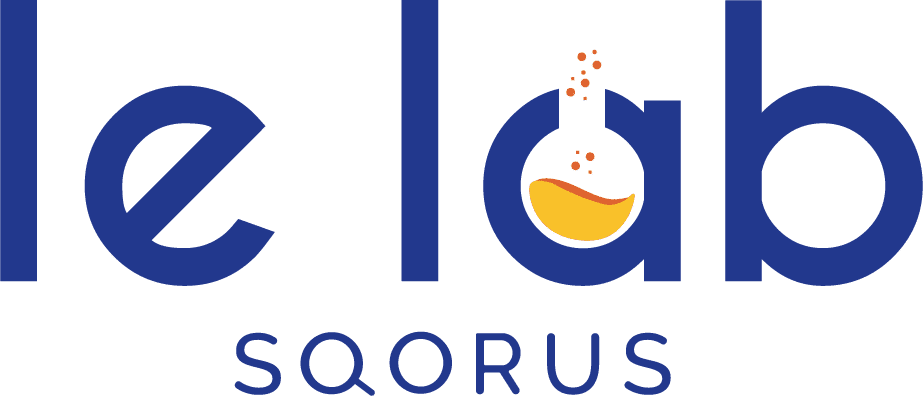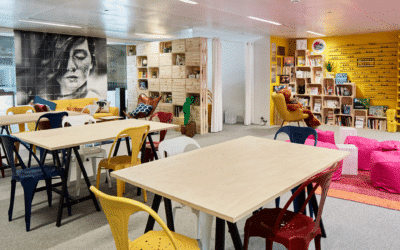Managerial innovation: to each his own model
Choosing the right management model for your organization can be a complex challenge… In this article, we share some council tips to help you find the ideal management model that will align with your company’s needs and culture.

Managerial innovation is a key element in enabling companies to remain competitive and attractive in a rapidly changing world. By gradually introducing new individual and collective operating modes, it enables organizations to meet today’s challenges.
These challenges vary from company to company, depending on their size and sector of activity, but generally speaking, they correspond to five major trends…
5 trends in managerial innovation
Fostering creativity and innovation
The aim is to foster the conditions conducive to the emergence of continuous innovation throughout the company, for example by introducing a “test & learn” culture.
Developing commitment and a sense of belonging
As employee involvement is essential, we work on Meaning, a sense of belonging, adherence to strong values, promoting well-being…
Encouraging autonomy and empowerment
Employee autonomy and empowerment are key elements. To achieve this, we seek to foster trust, dialogue and involvement on the part of everyone. We’re also looking to strengthen informal, ongoing skills development and support for change in the face of new practices (data, AI…).
Stimulate collaboration and collective intelligence
Managing complexity is a major challenge. Promoting collaborative work and exchanges makes it easier to grasp, and therefore faster to progress.
Facilitating agility and uncertainty management
In a world of perpetual change, the company adapts its processes to be able to react, adapt and continue to act even when the context remains uncertain.
New managerial practices
Some of the most common new managerial practices include :
- The manager-coach: a more listening posture, based on trust rather than control.
- Promoting the right to make mistakes and learning from failures.
- Involving employees in setting their own objectives and in reporting procedures.
- The possibility of free management of time and even vacations.
- Feedback, retrospectives and sharing communities.
- The integration of emotions using, for example, a “mood chart”.
- Setting up a feedback platform.
- Expanding executive committees to include more diverse profiles
- Training in collective intelligence facilitation…
Some companies are going one step further and adopting operating methods that differ more radically from traditional models…
In an ever-changing professional world, employee commitment has become a major issue for companies. Find out in our dedicated article, 3 innovations to implement in your company.
Alan, the company that found its management model
Read what Anna KEROULLÉ, Brand and Content Manager at Alan, has to say about this organization’s approach to stimulating employee commitment.
” Alan proposes an uncommon model, rooted in a commitment to trust and empowerment. At Alan, we don’t have managers as such, which means that everyone is in charge of their own objectives, their own implementation, and their own results. When we arrive, we’re assigned a coach whose main task is our professional development and integration into the company, not necessarily someone from the same profession.
Empowerment is at the heart of the way we operate: the person facing a situation is judged to be in the best position to make the right decision. He or she can draw on his or her business community, and solicit the opinions of project stakeholders. The decision-making process is thus simplified: the person dealing with a subject opens up his or her questions for debate, but needs neither a vote nor consensus to reach a decision.
Of course, everyone is encouraged to keep abreast of what’s going on, and to have their say on a wide range of subjects. This enables the decision-maker to benefit from as much feedback and experience as possible, and to enrich his or her point of view by considering the issues at stake.
What surprised me the most when I arrived at Alan’s was the culture of the written word. All decisions are explained, and all exchanges are formalized in writing. We have a saying: “If it isn’t written down, it didn’t exist”. This may seem very demanding, but it serves a dual purpose:
- The first is transparency, by avoiding backroom discussions. Transparency is a very important issue for us, and we are committed to making everything public (including salaries);
- The second is to increase the skills of juniors, who can easily understand how decisions are made.
We are aware that this particular way of working is not for everyone.
We recruit highly autonomous people who must also be able to put everything in writing and therefore explain and articulate their thoughts, but also be able to operate in an asynchronous mode.
Working at Alan also requires the ability to break away from traditional models of success, as we can’t be valued for the size of the team or the budget we’re given!
This way of working, though unusual, seems to me to offer an interesting and topical reflection on the relationship with work, and on what happiness at work means for everyone. Far from a single model of success, Alan suggests that everyone should find the model that suits them, and have a personal experience of how to be happy at work.
Although this model has been in place since Alan was founded, it is by no means dogmatic, and we are well aware that it may evolve over time. Very well suited to our current operations, it will evolve if, in the future, our needs and challenges lead us to believe that another model is more appropriate. “
Anna Keroullé, Brand and content – Alan
To anticipate the recruitment challenges of tomorrow, it is essential to develop solid adaptation strategies. In our dedicated article, you will find the keys to adapting as a recruiter and staying and remain effective in a constantly changing environment.
Towards a managerial innovation approach
For each organization, the real challenge is to find its own model. Some will opt for a radical departure from past practices, while others will evolve more gradually. The important thing is to adopt a global and coherent approach to the adoption of new managerial models.
To achieve this, the organization needs to define its own managerial model, directly linked to its development strategy. This involves thinking about the postures and practices (individual and collective) needed within the company to support this strategy, and designing a managerial model that will encourage its emergence.
This model will be communicated all the more easily if it is concretely embodied, for example by setting up a management charter. It can then be broken down into skills, and managers can be supported in developing them, whether through training or more specific coaching.
Tracking measures, such as barometers, can be set up to monitor and evaluate the transformation.
Conclusion
As with any transformation,change management plays a crucial role. It is essential to involve managers by presenting them with a clear, understandable and motivating vision of change, to encourage their collective commitment, to develop links between them, and also to train and equip them to face these challenges.
SQORUS, a Council firm specializing in digital transformation, also supports your organizations’ human challenges: change management, new ways of working and managing… If you are interested in this topic, please contact us to discuss it.
Are you interested in the subject? Our experts answer you!
Innovation with the LAB SQORUS

Are you interested in the subject of innovation? Discover our LAB SQORUS
The LAB SQORUS blog
For more innovations, find articles on the same theme:
10 HR and HRIS trends for 2024
10 HR and HRIS trends for 2024 The previous year was marked by profound questions about the meaning of work, geopolitical upheavals and a digital revolution embodied by the rise of artificial intelligence. So what does the new year have in store for us? In this...
Implementing CSR within HR: beyond the social aspect
Implementing CSR within HR: beyond the social aspectHow to implement sustainable and responsible HR practices to make CSR fully operational within the HR function? While the social/societal aspect of CSR seems closely related to HR, what about the environment, for...
The future of the workplace: what trends and innovations for 2024?
The future of the workplace: what trends and innovations for 2024? With the widespread adoption of flex offices, the evolution of workspace management, and the rise of telecommuting, the world of work has undergone a significant transformation in recent years....





